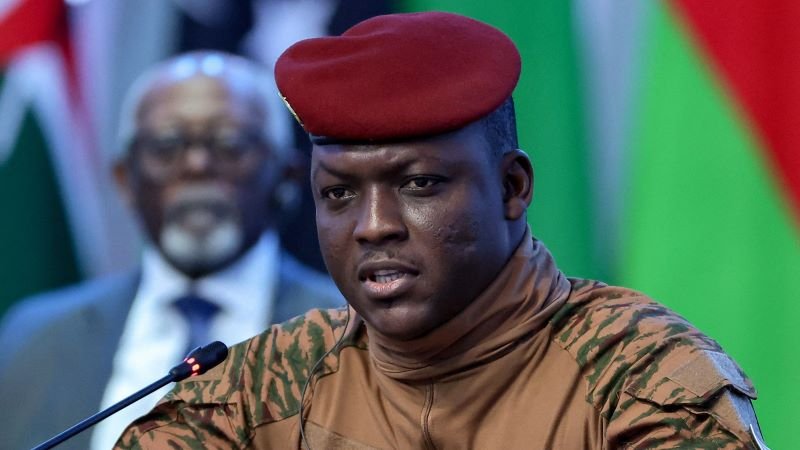BURKINA Faso’s transitional parliament has unanimously passed a bill criminalising homosexual acts, reversing more than six decades of legal tolerance and placing the West African nation among dozens of African states that outlaw same-sex relations.
The measure, which was approved on Monday, imposes prison sentences of between two and five years, as well as financial penalties for those convicted.
Justice Minister Edasso Rodrigue Bayala confirmed the move on state-run television, noting that the law also provides for deportation of foreign nationals found guilty of violating the ban.
“The law provides for a prison sentence of between two and five years as well as fines,” Bayala said, emphasising that the legislation aims to uphold what authorities describe as “traditional family values.”
The bill now awaits the signature of military leader Captain Ibrahim Traoré, who seized power in a 2022 coup that ousted Lt Col Paul-Henri Damiba. If signed, it will officially enshrine the prohibition into Burkina Faso’s legal system.
The law marks a historic policy shift. After independence from France in 1960, Burkina Faso did not inherit anti-homosexuality provisions, unlike many former British colonies on the continent.
This left the country among a minority of 22 African states where same-sex relations were not criminalised.
But the new ban aligns Burkina Faso more closely with its Sahel neighbour Mali, another junta-led state, which outlawed homosexuality last year. Both nations are part of a regional alliance of military regimes increasingly asserting nationalist policies.
Uganda last year passed laws, introducing the death penalty for what it termed “aggravated homosexuality” and life sentences for consensual same-sex relations.
Ghana’s parliament passed a similar bill in 2023, though it was not signed into law by the president.
Nigeria has long enforced strict bans, criminalising same-sex unions and punishing public displays of affection.
Burkina Faso is a deeply religious and socially developed nation, where Christianity and Islam dominate public life. Less than 10% of its citizens identify as unaffiliated with a faith.







